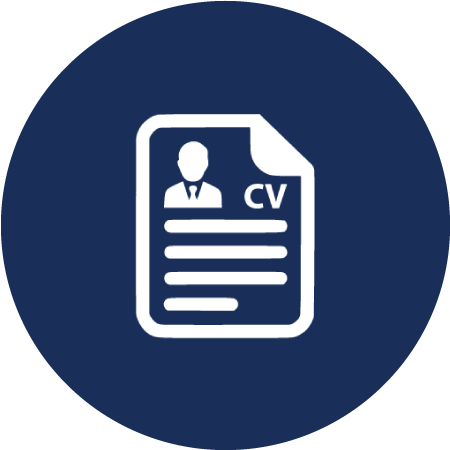Studying abroad in Germany is an instigative adventure, but the first days in the country are challenging for everyone new to the city. There are a few important things you must do before moving to Germany from India.
It is important for you to know what are these important things well in advance and how to overcome them, to avoid being caught by surprise and letting these things slip off easily from your hands when you are new to Germany.
To make it an easy task for you, below are listed some important things you must do after moving to Germany in one-by-one order.
1. City Registration
By German law, everyone abiding fairly in Germany, be it temporary or long-term must register his/her address at local authorities known as Anmeldung which are responsible for registering addresses.
The registration of your address of residence at the local Anmeldung must be done during the first 2 weeks following your entrance into Germany. Applying through post or by other sorts of means rather than appearing personally in their offices is not acceptable.
Note that if you don’t respect this time limit, you may end up penalized, and even worse, you may be deported back to your home country. However, from the first day of arrival in Germany, priority should be given to registering your address.
The required documents to register your residence address in Germany are as follows:
- Identity Proof (ID or a valid passport)
- Residence permit or Visa
- Signed registration form
- A confirmation from the landlord
- Notarized rent contract
- Marriage certificate (if you’re married)
Watch detailed information about city registration here
2. Open your Bank Account
You’re going to need a bank account when in Germany to pay for rent, utilities, and other types of payments and to receive your salary if you get hired for a part-time job.
Germany is considered the country with the most number of banks in Europe. Surely, this has its advantages, but on the other hand, it can be difficult for you to select the best option. As a student, every single cent is worthy and you have to take into consideration even minor details.
There are many factors you need to consider and if you are not knowledgeable enough about the banking system in Germany and its vocabulary, it can lead you to a bad selection.
Fortunately, some banks can make the process of opening a bank account and the banking process in Germany easy and enjoyable. A bank that is very popular with its options for international students is the Coracle bank account.
You can find more information about Bank accounts on Uni Access ll Bank Account
3. Get your health insurance
International students in Germany are legally obliged to have health insurance. As this law clearly stipulates, everyone in Germany, regardless of their place of residence (temporary or long-term) or their social status (employee or not), must apply for health insurance before his/her entry.
Germany has two types of health insurance :
1. Compulsory health insurance (public health insurance)
2. Private health insurance.
Because statutory health insurance is compulsory, you are entitled to access this system regardless of your income. Naturally, the medical needs covered by public health insurance are limited. If you want your health insurance to cover more medical needs, you can pursue private health insurance if your income is above a certain threshold.
Most international students in Germany prefer DR-WALTER because of its excellent international student insurance plans.
You can also get more information about health insurance on UniAccess ll Health Insurance
4. Arrange an appointment for Residence Permit in Germany
Nationals of countries rather than EU or EEA and Switzerland must get a Residence permit to be allowed to stay legally in Germany for a while longer than 90 days.
Non-EU students entering Germany on a short-stay Schengen visa must contact the local immigration office and make an appointment to apply for a residence permit.
Note that depending on your nationality, you may need to obtain a residence permit from your home country before entering Germany. On the other hand, some citizens are allowed to enter the country and then apply for a residence permit.
To apply for a residence permit in Germany you will need the following documents:
- A valid passport
- A police certificate
- German language proficiency
- Pass a health check
- Proof of financial subsistence
- Letter from your German employer (if you have a job)
- Admission letter from the University
- Marriage certificate if you are married
5. Get a German SIM card
As an international student, you will spend at least two to three years in Germany. Instead of carrying your phone number using roaming, which would count for an astronomical bill, it is recommended for you to get a German SIM card.
The three main and largest mobile operators in Germany are
- Deutsche Telecom (formerly known as T-Mobile)
- Vodafone
- O2
These companies offer a wide range of comprehensive services and telecommunications products at attractive rates.
6. Basic Utilities
After booking a particular apartment, you must install the necessary utilities, including electricity, heat, water, and internet if the landlord has not already done this for you.
Most objects in Germany are heated with oil or liquid gas, but there may be places where electricity is the main heating source. Furthermore, some other objects are not connected to the heating network and use individual heaters.
7. Transportation cost
Transportation costs account for about 10% of the total budget. Indian students can buy a monthly pass for €30-€60 for cheap transportation. The German rail system, operated by Deutsche Bahn, allows you to visit German cities for between €20 and €70. You can also rent a bike for €15-20 a day and ride around.
Also read: Accommodation in Germany for Indian Students
















Write Comment